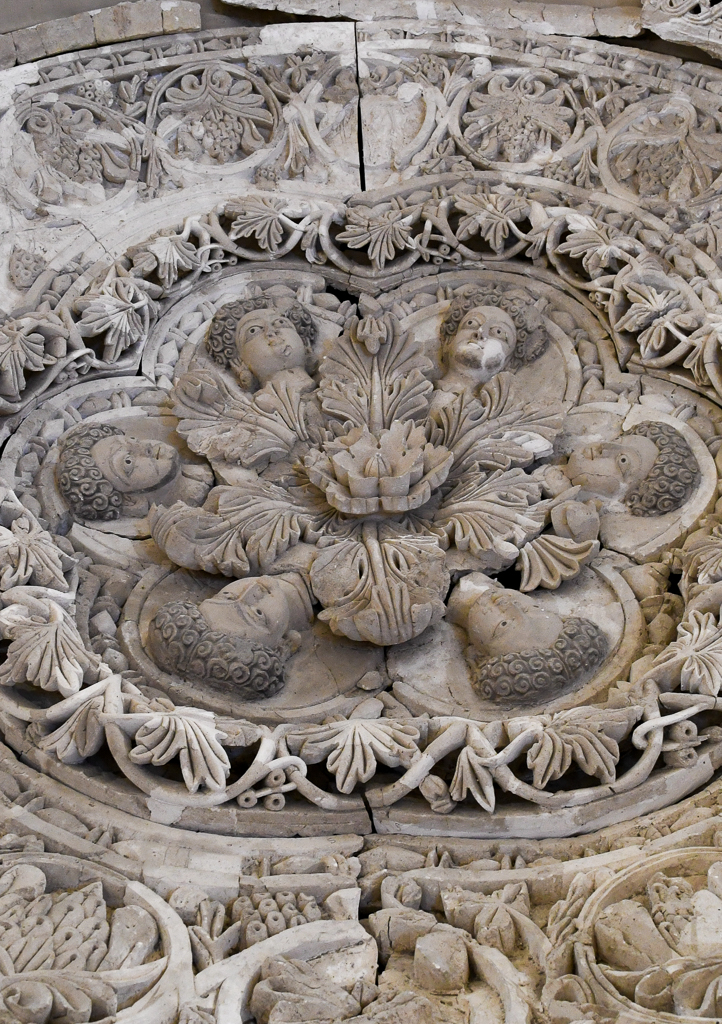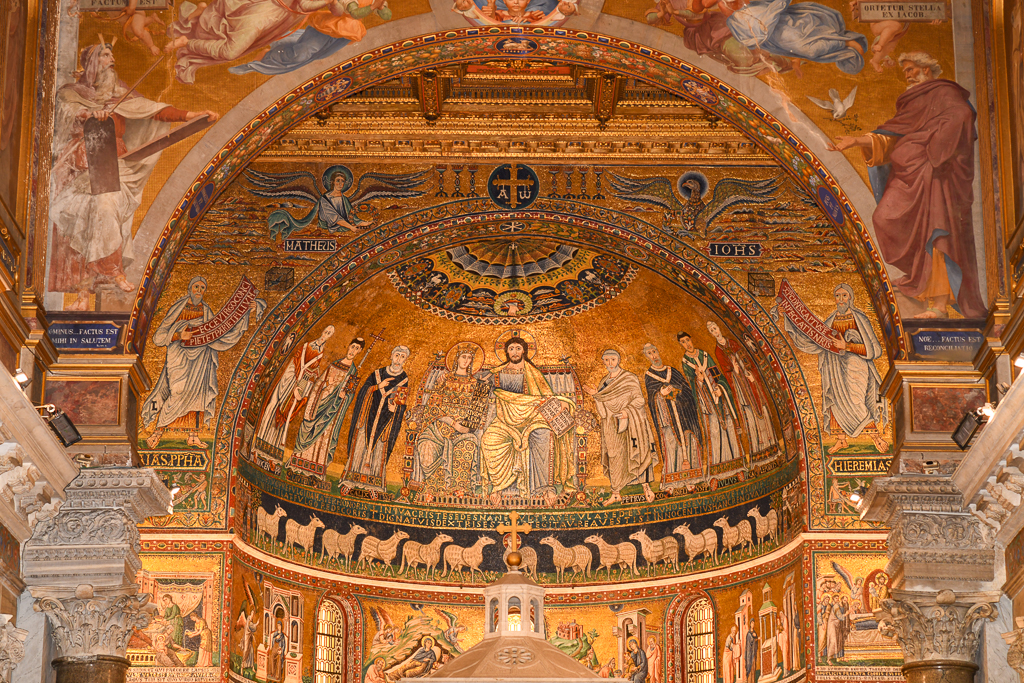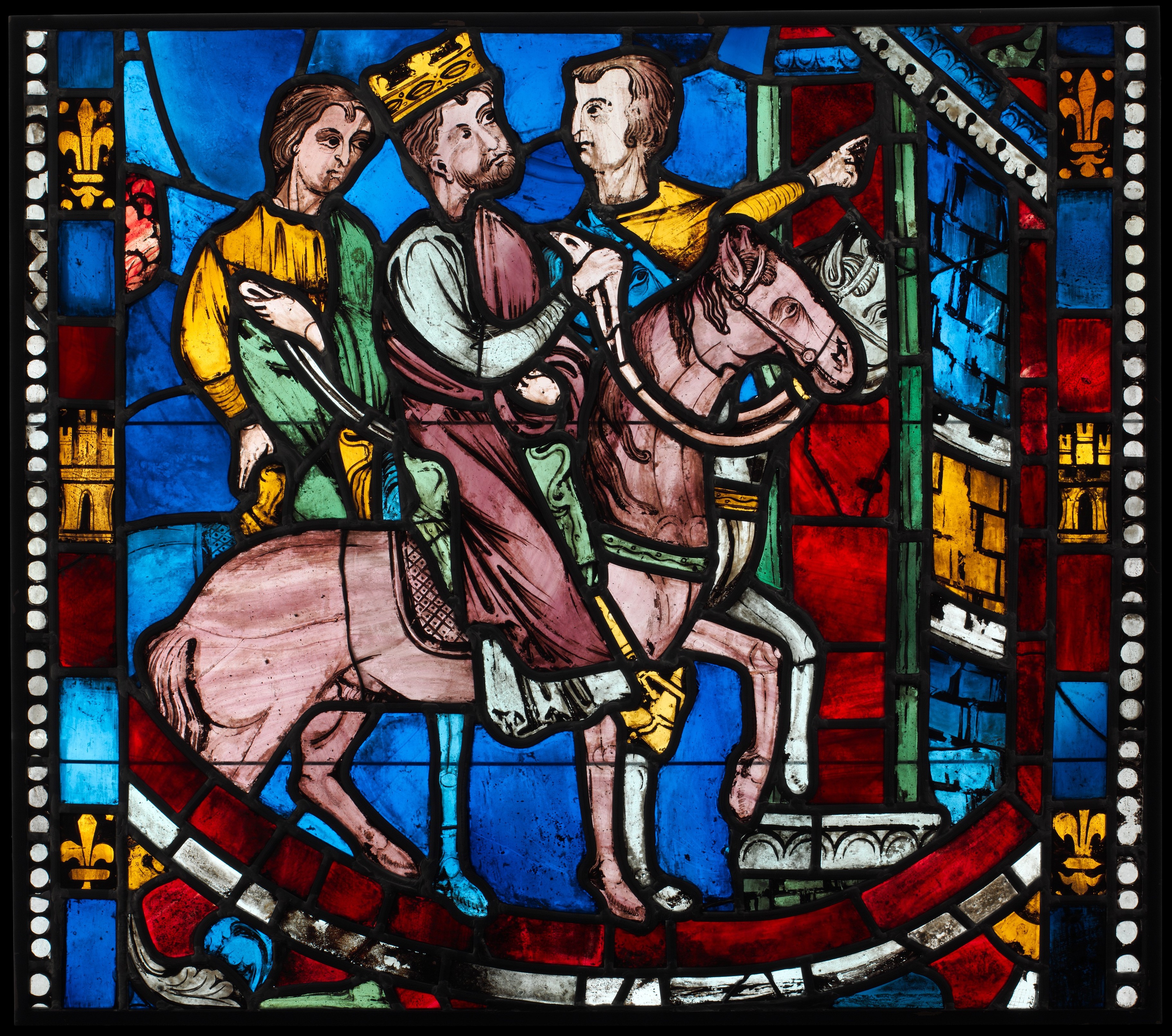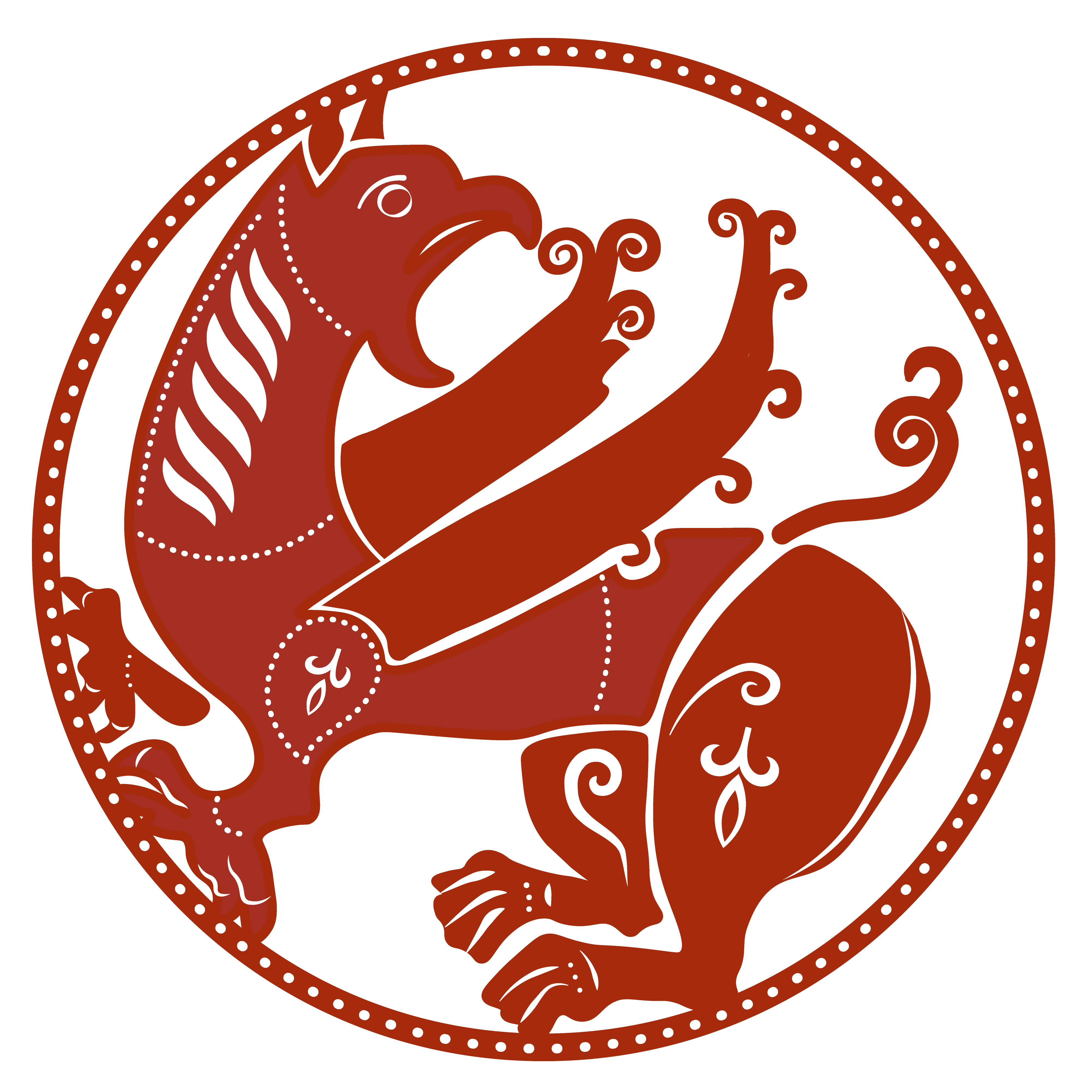Major in Medieval Studies
Chart your own course.
Medieval Studies is an interdisciplinary program, meaning that it combines courses from history, languages & literature, and art & music. Each of these disciplines focuses on different types of material and fosters skills in interpreting those materials to understand the medieval world.
What makes our program exciting is that it allows students to craft a major tailored to their own interests. For example, someone who loves medieval French literature can focus on the cultures of medieval Europe, while someone who wants to learn about the medieval Middle East can concentrate on courses that address the history, languages, and arts of the Islamic world.
Students work with members of the advisory committee to ensure a coherent program of study. They can even petition to have relevant courses included in their major.


Why major in medieval studies?
Like all classes in the Humanities, courses in Medieval Studies foster skills in critical thinking, problem solving, research, and creativity. Yet they also teach students a set of unique skills: how to work with and analyze primary sources, understand the politics around heritage management and museum display, work with archives, and interpret premodern works of art and architecture.
The former set of skills prepare students to excel in a wide range of fields, including communications, art & design, education, political science, international relations, advertising, and the government. The latter provide a basis for working in libraries, archives, heritage sites, museums, and other cultural organizations.

Program requirements.
All students must take:
either
- History 4A (Ancient Mediterranean) &
- History 4B (Medieval and Early Modern Europe)
or
or
- History 2 A (world History) &
- History 4B (Medieval and Early Modern Europe)
Plus 40 upper division units, which can be found on the major sheet or in the general catalog.
What about language study?
The major does not require any language study. However, students who plan to pursue an advanced degree (an MA or PhD) in Medieval Studies or related fields are encouraged to study one medieval and one modern language.
Why?
Most graduate programs require applicants to demonstrate proficiencies in a modern language and a medieval one.

Photo: Metropolitan Museum of Art
Learn more ➝
